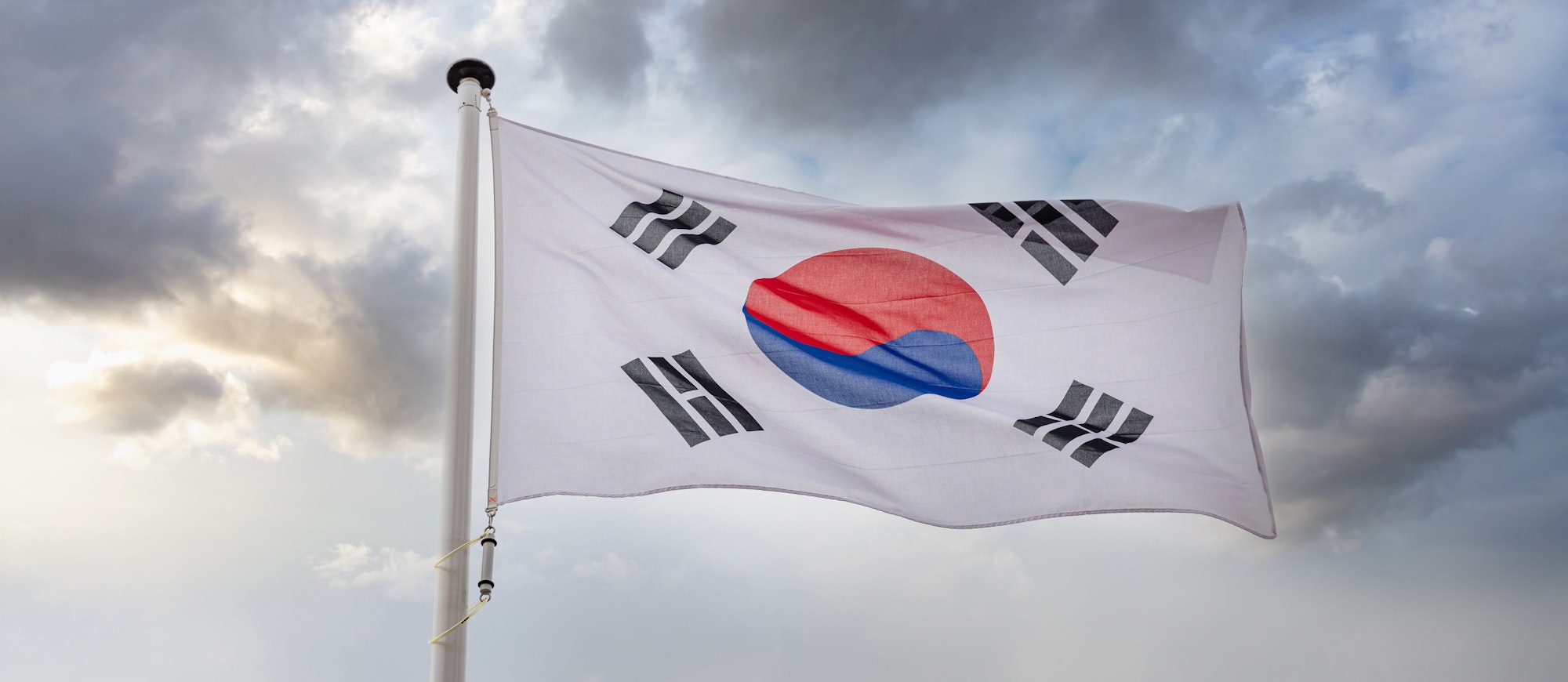As AI and cloud computing drive unprecedented demand for digital infrastructure, Big Tech’s rapid expansion of data centres is increasingly colliding with resistance at the local level. Across the United States, communities are pushing back against large-scale facilities they say threaten their quality of life, environment, and local character.
Data centres, massive complexes packed with servers and supported by vast energy and water resources, are multiplying quickly as companies race to secure computing power and proximity to electricity grids. But as developers look beyond traditional tech hubs and into suburbs, small towns, and rural areas, they are finding residents far less welcoming than anticipated.
What were once quiet municipal board meetings are now drawing standing-room-only crowds. Residents argue that data centres bring few local jobs while consuming enormous amounts of electricity and water, generating constant noise, and relying on diesel generators that can affect air quality. In farming communities, the loss of open land and agricultural space has become a significant concern, as homeowners worry about declining property values and potential health risks.
Opposition efforts are becoming more organised and widespread. Community groups increasingly share tactics online, learning from similar struggles in other states. Yard signs, door-to-door campaigns, and legal challenges have become common tools for advocacy. According to industry observers, the level of resistance has reached unprecedented heights in infrastructure development.
Tracking groups report that dozens of proposed data centre projects worth tens of billions of dollars have recently been delayed or blocked due to local opposition and regulatory hurdles. In some US states, more than half of proposed developments are now encountering significant pushback, forcing developers to reconsider timelines, locations, or even entire projects.
Electricity costs are a major concern, fueling public anger. In regions already experiencing rising utility bills, residents fear that large data centres will further strain power grids and push prices even higher.
Water use is another flashpoint, particularly in areas that rely on wells and aquifers. Environmental advocates warn that long-term impacts are still poorly understood, leaving communities to shoulder the risks.
The growing resistance is having tangible consequences for the industry. Developers say uncertainty around zoning approvals and public support is reshaping investment strategies. Some companies are choosing to sell sites once they secure access to power, often the most valuable part of a project, rather than risk prolonged local battles that could ultimately derail construction.
Major technology firms, including Microsoft, Google, Amazon, and Meta, have largely avoided public comment on the mounting opposition. However, Microsoft has acknowledged in regulatory filings that community resistance and local moratoriums now represent a material risk to its infrastructure plans.
Industry representatives argue that misinformation has contributed to public fears, claiming that modern data centres are far cleaner and more efficient than critics suggest. In response, trade groups are urging developers to engage with communities earlier, be more transparent, and highlight the economic benefits, such as tax revenue and infrastructure investment. Promises of water conservation, energy efficiency, and community funding have become central to outreach efforts.
In some communities, frustration has been amplified by revelations that plans were discussed quietly among government agencies and utilities long before residents were informed. Once disclosed, these projects have sparked accusations of secrecy, accelerating public distrust and mobilisation.
Despite concessions and promises of further dialogue, many opponents say their fight is far from over. As demand for data centres continues to grow, the clash between global technology ambitions and local community concerns is shaping up to be one of the defining infrastructure battles of the digital age.
Would you like to learn more about AI, tech and digital diplomacy? If so, ask our Diplo chatbot!










